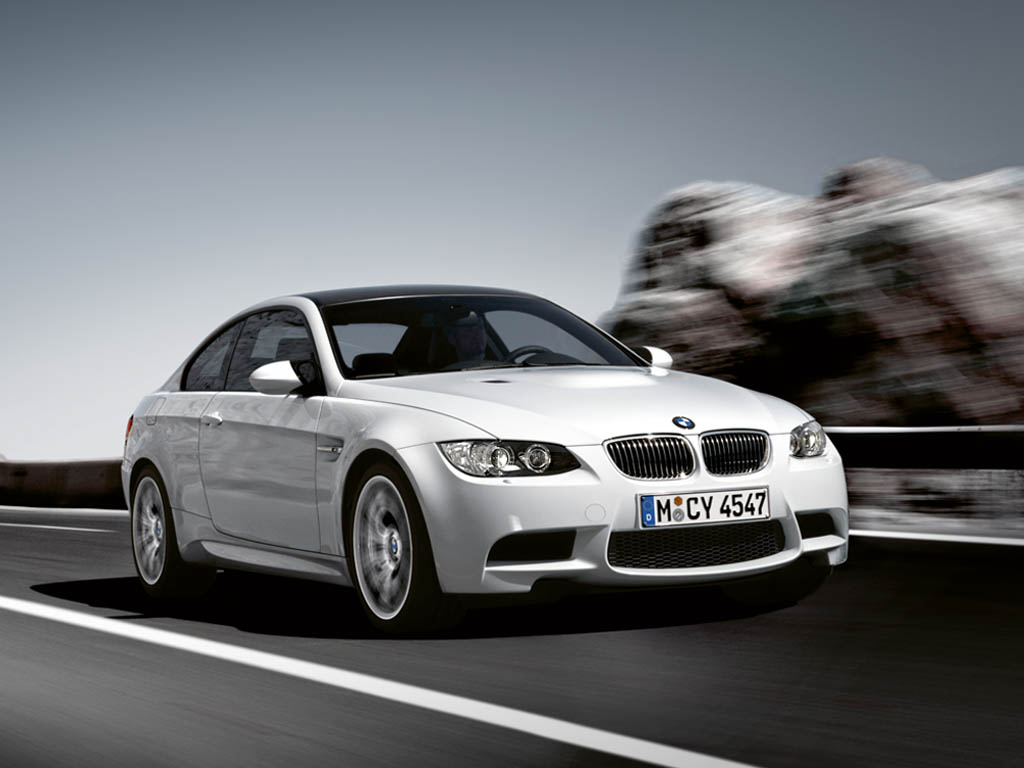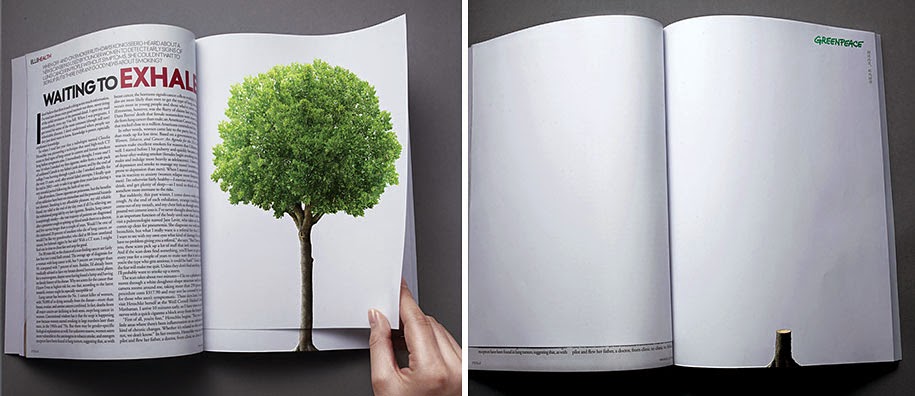Brake problem
Down to the basics
After you have parked your car safely, put a couple of bricks or stones beneath the tyres to make sure that it does not roll down. Bring your jack, spare wheel and lug wrench to the work area. Loosen the nuts without having jacked up the car, to prevent the wheel spin on you. Turn counterclockwise to loosen the nut until it comes off. Next jack up the car. Remove the old wheel now. After having taken out the lug nuts, pull the wheel with your weight forward to prevent from falling backward. Adjust well the spare wheel in the threaded shafts so that they fit. Then tighten the nuts in the proper order. Lower the jack so that the tyre rests on the ground. Replace the hubcap or the plate.
Voila! You are ready to drive again.
Detect a brake problem
· Step off the brakes, with the car's engine turned off. A soft or mushy brake pedal indicates that you may be low on brake fluid, or may need to bleed your brakes.
· If it is safe, drive the car at low speed, braking as needed. You may need new brake pads, or to clean the brakes, if they squeal.
· In a clear area, step sharply on the brake pedal. If the brakes do not stop the car effectively, several things may be wrong, including worn pads, contaminated brake fluid or contaminated brake pads.
· If the brakes pull the car to one side, you may need to adjust the brake's clearance, may have to replace the pads or rotors, or may have insufficient hydraulic pressure in one part of the brake system.
· Begin driving forward slowly. If the brakes bind or drag, it may be due to grease on the pads or scored rotors. Visit a mechanic if you do not know how to fix brakes. Describe the car's performance to the mechanic in as much detail as you can. Check brake fluid regularly. If you have determined that your brakes are bad, avoid driving the car until they are fixed. Computerized brakes, which are standard in many cars, need to be fixed by a mechanic.


Comments
Post a Comment